Star Trek: The Next Generation tells some great stories, but the story behind how it came to be what it is today is pretty interesting, too; and even what happened behind-the-scenes can teach us a lot about the wisdom of God. This supplemental Trektember miniseries by David Lichty will explore what went on behind the camera, and why it’s important.
• • •
(Those promos repeat in pairs, so you could skip every other one and see each variant.)
These previews were some of the first glimpses fans got of the new series. Despite the distinctly 80’s, beepy, sci-fi music and their clearly imported effects shots from the four films that existed at the time, they are still pretty attention grabbing. They look exciting, even a little more energetic than the show was, and the countdown format was appropriate for a program some had waited almost 20 years to see.
Three days before the airdate of the pilot, while the eighth episode was being filmed, the cast saw their work for the first time; previewing Encounter at Farpoint. John de Lancie said, “I was on the set the day after the pilot aired, and everybody was flushed with the general feeling of having done a good job,” but 25 years later, Marina Sirtis couldn’t watch the pilot anymore. She regarded her performance as just bad. Starting with the second episode, her character was immediately revamped and made more officious; but that first one still got produced, and remains committed to history.
Nevertheless, Encounter at Farpoint was at the very least a ratings hit, playing to 27 million viewers. It was immediately reported to be the highest-rated syndicated hour-long drama series ever to be on television. Many locations running TNG against the three major networks had higher ratings than their competitors. Critical reception was not too bad either. They were generally hopeful about the series based on this episode, even if they noted problems with the premiere.
All of us have become like one who is unclean, and all our righteous acts are like filthy rags; we all shrivel up like a leaf, and like the wind our sins sweep us away.
Isaiah 64:6
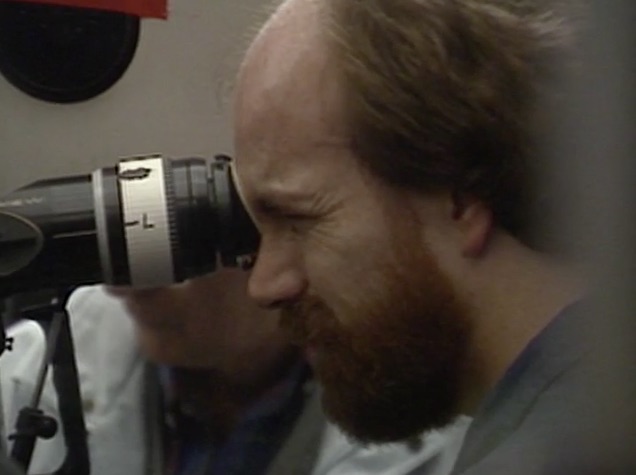 It is easy to fall into believing that, on productions of this scale, there is so much planning, combined skill, money and care being poured into everything, that in general, the work probably goes smoothly, and the output is generally of a very high quality. Certainly really big mistakes would be quickly caught and fixed, right? Well, making Star Trek was a human venture; apparently a very human one. It was a tough show to work on for many departments, right from the start. The rules from on high could be draconian and pedantic, such as allowing no movement during any cut from one shot to another. After setting up a shot, a cinematographer was told, “We don’t do slashes of light on Star Trek!”
It is easy to fall into believing that, on productions of this scale, there is so much planning, combined skill, money and care being poured into everything, that in general, the work probably goes smoothly, and the output is generally of a very high quality. Certainly really big mistakes would be quickly caught and fixed, right? Well, making Star Trek was a human venture; apparently a very human one. It was a tough show to work on for many departments, right from the start. The rules from on high could be draconian and pedantic, such as allowing no movement during any cut from one shot to another. After setting up a shot, a cinematographer was told, “We don’t do slashes of light on Star Trek!”
Dennis McCarthy said that the composers, especially early on, were told not to overdo it. “One of the first comments that I got was, ‘I don’t want to hear any music that manipulates my emotions.'” Percussion suffered first – there was little to none. In the first two seasons, the pacing of the scores was pretty slow regardless of whether the scene was a conversation or a battle. Early on, he had incorporated the iconic Goldsmith theme into the scores, and after the fifth time, he was told not to do it anymore; and likewise with the Alexander Courage fanfare from the original series. Later he wrote a theme for Picard which they liked, but when he reused it, they said, “No. We don’t do that here.” For an episode called “Haven,” McCarthy was very excited to hear the music, but a producer approached him and said, “You know that score you did? Don’t ever do that again.”
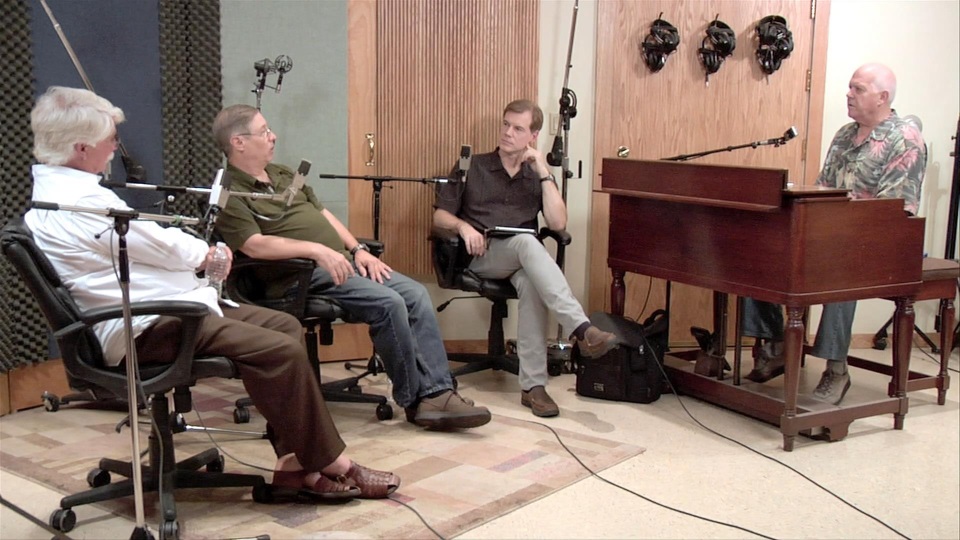
In their defense, he explained that one of the reasons they didn’t want themes to reappear was because they didn’t want the show to appear tracked, as if they were re-using previous music. The original series only had original music for 1/3 of the episodes, with the rest tracked in from those scores. “…as a result the baby went out with the bathwater, so there was no opportunity to write something that would strike a note of familiarity with the audience… I developed a form of musical alzheimers. I wouldn’t remember anything I’d written before, so I’d just sit down at the piano, play a middle C and then just go from there, and that’s how I wrote the scores.” McCarthy often got slammed by fans for pulling the music so far back, though he was basically doing it on orders.
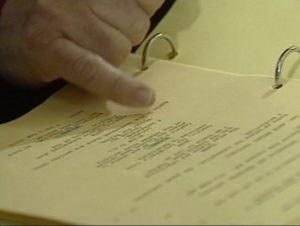
Writers were handled even less ceremonially. David Gerrold explained, “Gene would decide that he didn’t like a script three days before shooting—production meetings had been had, things had been set in place, and he’d throw it away.” It’s the kind of thing that could drive a person to leave, and the first three years of The Next Generation were marred by unpleasant departures, generally in the creative areas.
…if a house is divided against itself, that house will not be able to stand.
Mark 3:25
William Shatner’s documentary, Chaos on the Bridge, portrays the first season as something so chaotic that it’s a wonder any episodes even got onto the airwaves. It’s enough to make the documentary hard to believe, but he comprises it of interviews with the people involved, and my reading bears it out pretty well.
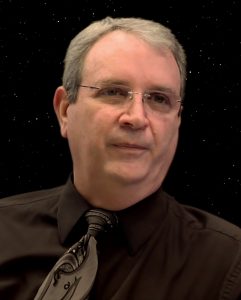
Star Trek veteran Eddie Milkis left his position as Supervising Producer in March of ’87. Gerrold, who had been one of the first people brought aboard the development team, left once his initial contract ended in May of ’87, before anything was even filmed. More writers came and went, or were fired, within a matter of weeks. First season coexecutive producer Maurice Hurley dismissed these as common problems to a series’ first year, but Gerrold disagreed: “I’ve been working in television for 21 years and I’ve never seen a show that had start-up problems like this one. They were not typical.” He was one of many to file Writers Guild grievances against the show in its first year.
A month after the premiere, another original series alum, Dorothy “D. C.” Fontana, also left the show. She had been the story editor for the first two seasons of the original series, and had written quite a few of its most memorable episodes. “I’ve never seen it like this before. Never. No, you don’t have people going through revolving doors. It’s not normal. It’s not done. I’ve never seen such turnover in personnel. I’ve never experienced that.”
The writing troubles just cascaded down, leading to more issues. LeVar Burton explained, “There was just no consistency, and that’s what you need in a show of this nature. The key is character and the relationships that these people have. Time and time again we’d get the scripts, and there wouldn’t be character stuff. Those few times that there were was like magic.”
The series started out by recycling Original Series episode concepts. Encounter at Farpoint was considered a close cousin to The Squire of Gothos (they were certainly closer than The Changeling and Star Trek: The Motion Picture); The Naked Now was absolutely The Naked Time regurgitated; and the first half of The Last Outpost seemed to evoke Balance of Terror (though in a good way, I thought). That’s four of the first four episodes, which is strange considering how almost phobic The Next Generation could be about the original series.
“Gene had started out of the gate saying: ‘This show has to stand on its own. We can’t depend on the popularity of Vulcans, or even Klingons and Romulans. We’ve gotta have our own.’ So behold, world, the Ferengi. Well, we all know where that went,” said Larry Nemecek, author of The Star Trek: The Next Generation Companion. To name his capitalist terrors, Roddenberry adopted the word Ferengi, a likely derogatory Malaysian word for “white man,” showing a sizable chink in his forward-thinking armor.
“The Ferengi sprang from the stereotype of agents and lawyers being cutthroat, greedy and wanting only money,” said frequent episode director Rob Bowman.
“I mean, you laughed at them,” said Producer David Livingston.
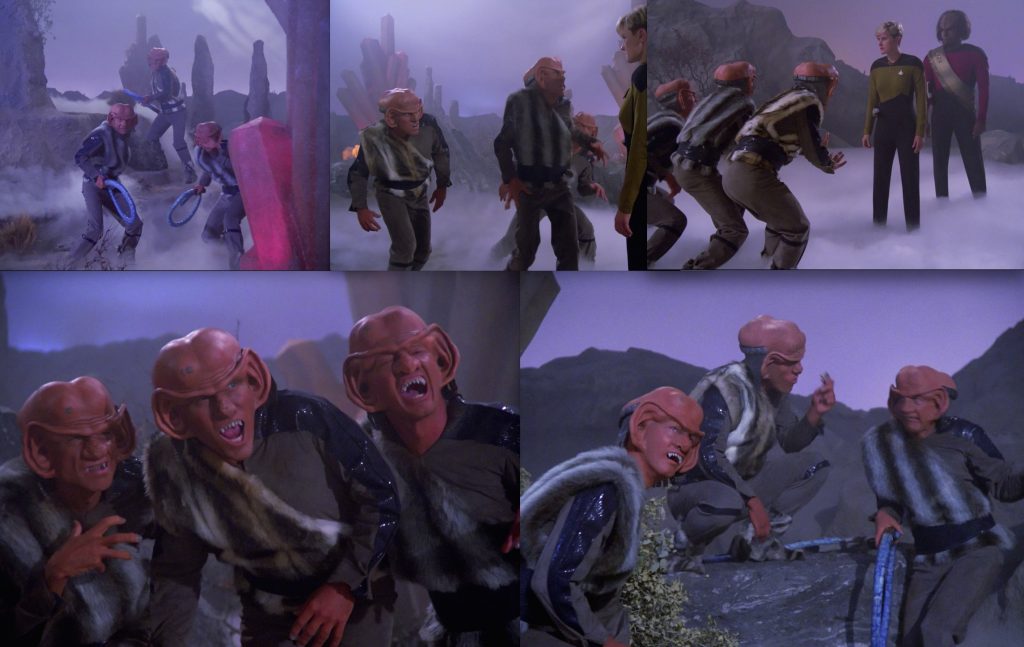
• • •
Trek Backstory will continue! In the meantime, don’t miss our ongoing reviews of the best episodes of Star Trek: The Next Generation. Thanks for reading Redeeming Culture.
• • •
Sources:
Starlog 128 (03-1988)
In Conversation: Lensing Star Trek: The Next Generation (Blu-ray Season 7 Disc 2)
In Conversation: The Music of Star Trek: The Next Generation (Blu-ray Season 5, Disc 6)
Chaos on the Bridge
Cinefantastique volume 19 no.03 (March 1989)
Make it So: Continuing Star Trek: The Next Generation (Blu-ray Season 2, Disc 5)


